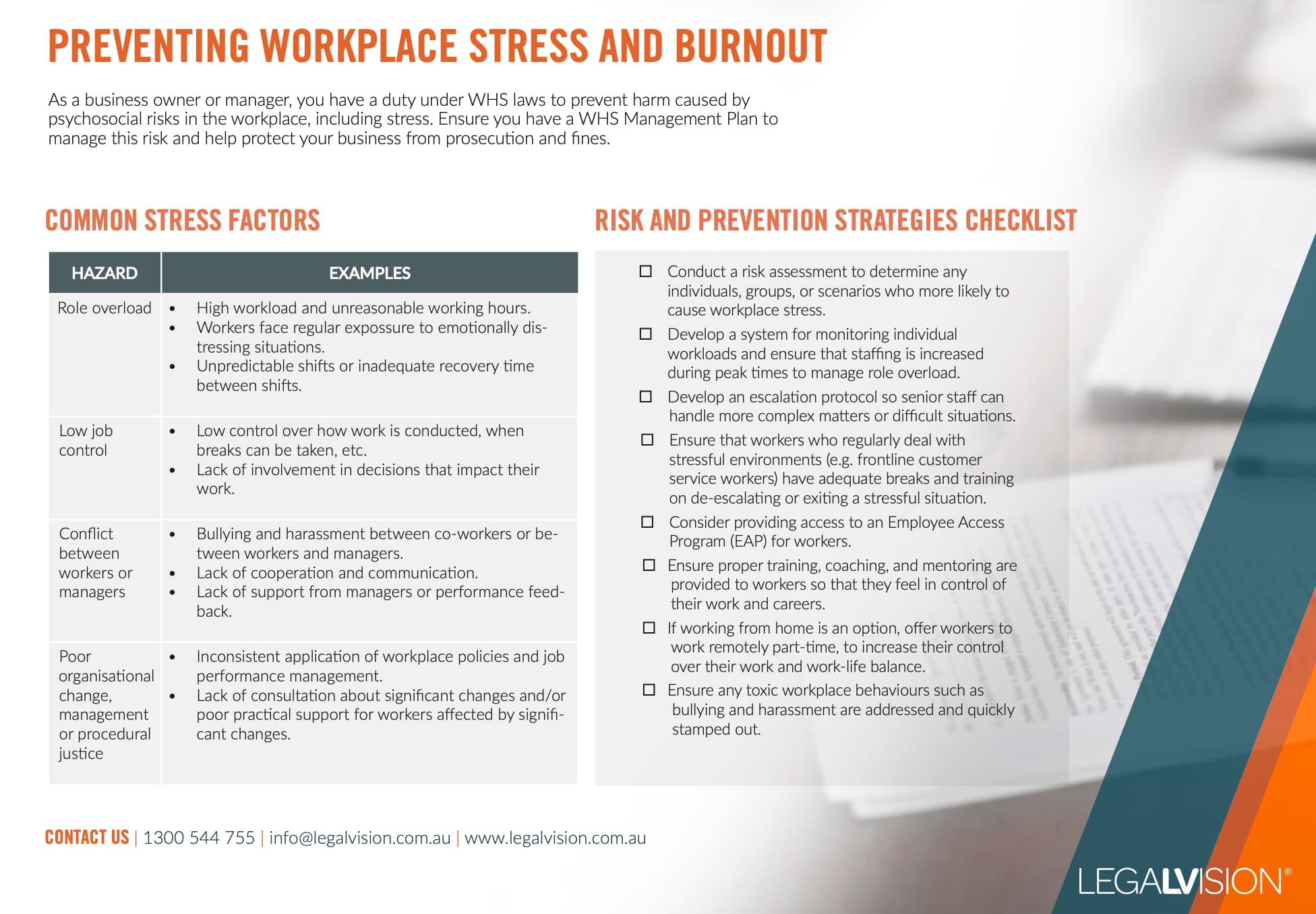In Short
-
New WA regulations ban smoking and e-cigarettes in enclosed workplaces and require protection from second-hand smoke.
-
WorkSafe WA released updated codes of practice on electrical risks and tower cranes.
-
A NSW roofing company was fined $300,000 for neglecting safety measures, highlighting the serious consequences of ignoring WHS duties.
Tips for Businesses
Ensure you stay up to date with workplace health and safety laws, including new smoking bans and codes of practice. Always prioritise safety measures over cost savings, especially for high-risk tasks like working at heights. Implement thorough risk assessments and safety plans to avoid penalties and protect your workers.
Workplace health and safety officers have an ongoing responsibility to ensure their organisations remain compliant while maintaining current and relevant knowledge of WHS matters. This article highlights key developments to support you in meeting these obligations.
Amendments to Legislation
The Western Australian Work Health and Safety (General) Regulations 2022 and Work Health and Safety (Mines) Regulations 2022 were amended on 17 April 2025. This amendment focuses on expanding the prohibition of smoking within an enclosed workspace to include the use of e-cigarettes.
In addition, the regulations require businesses to ensure that persons within a workplace are not exposed to second-hand smoke. Penalties apply to both individuals and companies where they are in breach of these requirements.
New Codes of Practice
WorkSafe Western Australia has released new codes of practice in relation to managing electrical risks in the workplace and tower cranes. If these codes are relevant to your business or if you have any questions, please do not hesitate to book a call with us through Prism.

As a business owner or manager, you have a duty under WHS laws to prevent harm caused by psychosocial risks in the workplace, including stress. This factsheet outlines some common psychosocial hazards and provides a checklist for risk mitigations strategies.
Cases and Incidents
In a recent decision of the District Court of New South Wales, a roofing company was fined after pleading guilty to offences under the Work Health and Safety Act 2011 (NSW) (‘Act’).
1. What Happened?
The company was engaged to undertake roof replacement works at a residential premises. On November 8, 2021, a roofing plumber accessed the roof and slipped before reaching an anchor point. He fell approximately 4.2 metres to the ground, sustaining serious injuries.
Prior to the incident, the company had engaged site safety specialists, who outlined that in order to comply with SafeWork requirements, the company would have to install scaffolding. This would require an additional cost for the company’s customer. When the company raised this cost to the owner of the house, the customer advised that they did not wish to pay for additional costs for the works.
2. What Was the Outcome?
The District Court of New South Wales convicted the company for failing to comply with its work health and safety duty, which exposed workers to a risk of death or serious injury. The court:
- imposed a fine of $300,000 (reduced from $400,000 due to an early guilty plea);
- ordered the company to pay the prosecutor’s costs; and
- directed that 50% of the fine be paid to the prosecutor (SafeWork NSW).
The court considered various factors in its decision, including:
- the objective seriousness of the offense;
- the need for general and specific deterrence;
- mitigating and aggravating factors; and
- the company’s capacity to pay.
3. Key Takeaways
The case highlights important points relating to business’ obligations and potential penalties, including:
- businesses must implement appropriate safety measures, particularly for known risks like falls from heights, regardless of client preferences or cost implications;
- the severity of potential harm (in this case, death or serious injury) significantly impacts the assessment of an offence’s seriousness, even if the likelihood of occurrence is low; and
- A business’ financial capacity is considered in determining fines, but does not preclude substantial penalties for serious breaches.
Questions?
If you need legal assistance with a WHS matter or need help identifying an officer, book a consultation call on Prism. As a member, you can request unlimited legal advice consultations.
We appreciate your feedback – your submission has been successfully received.












